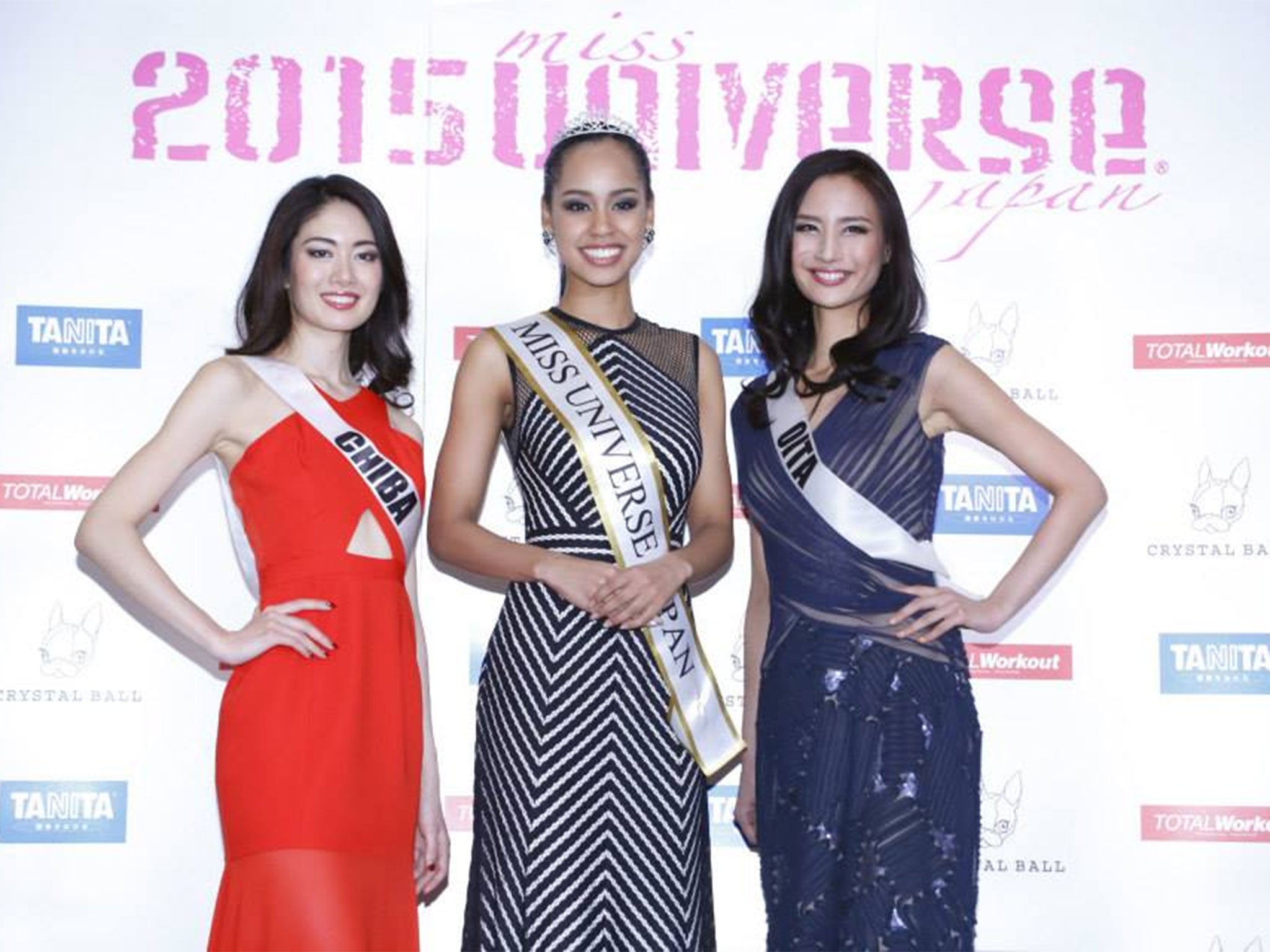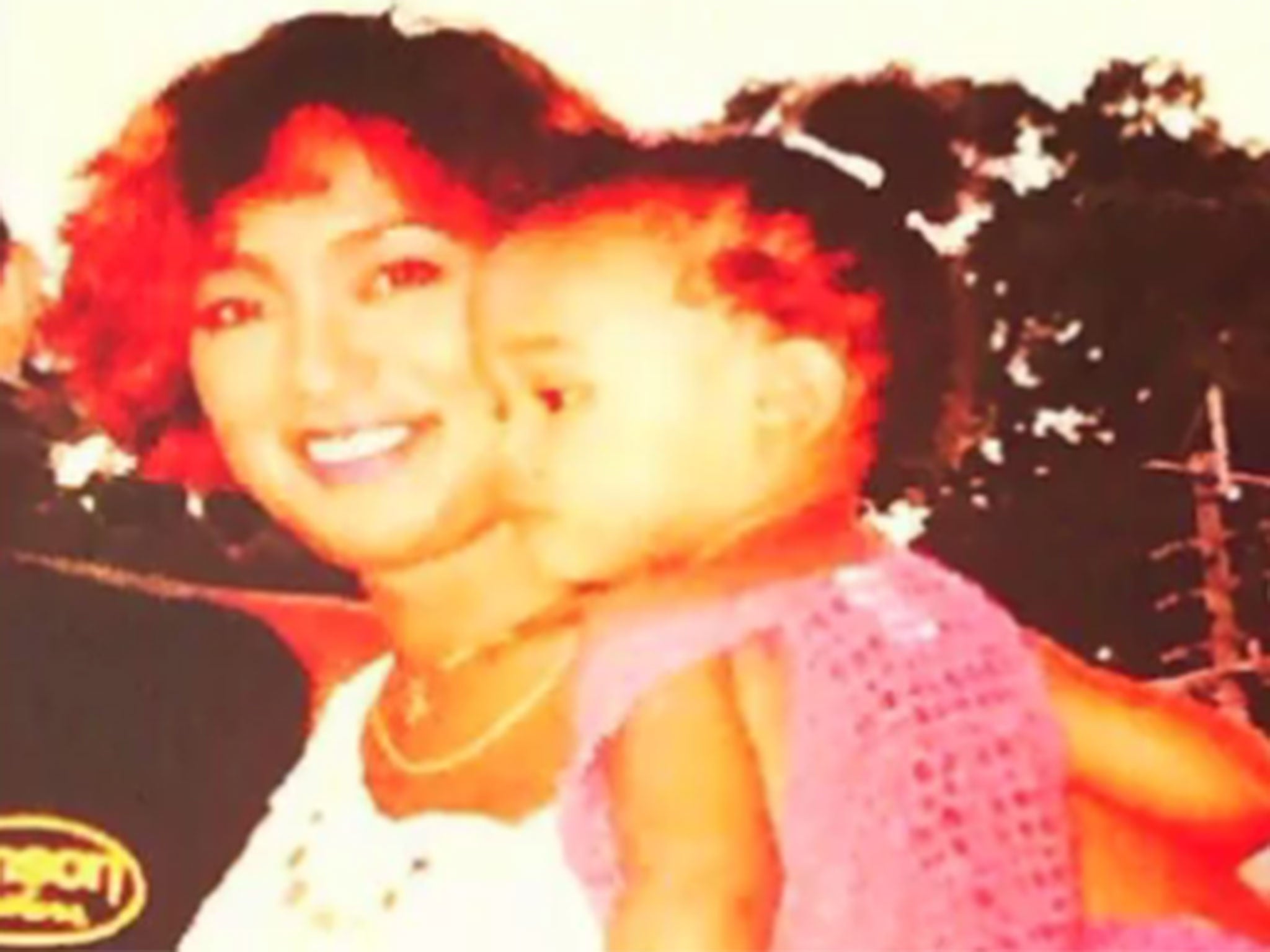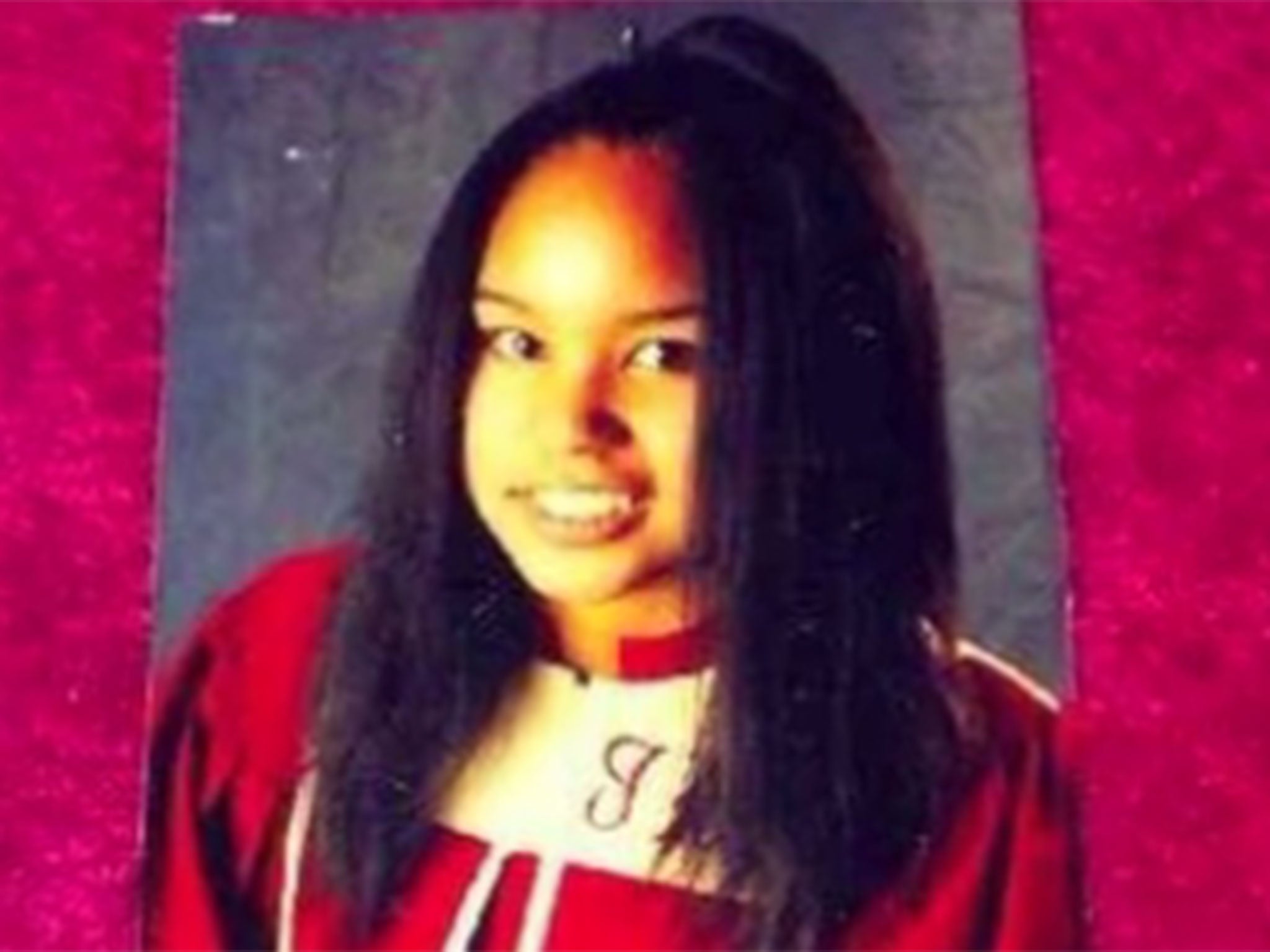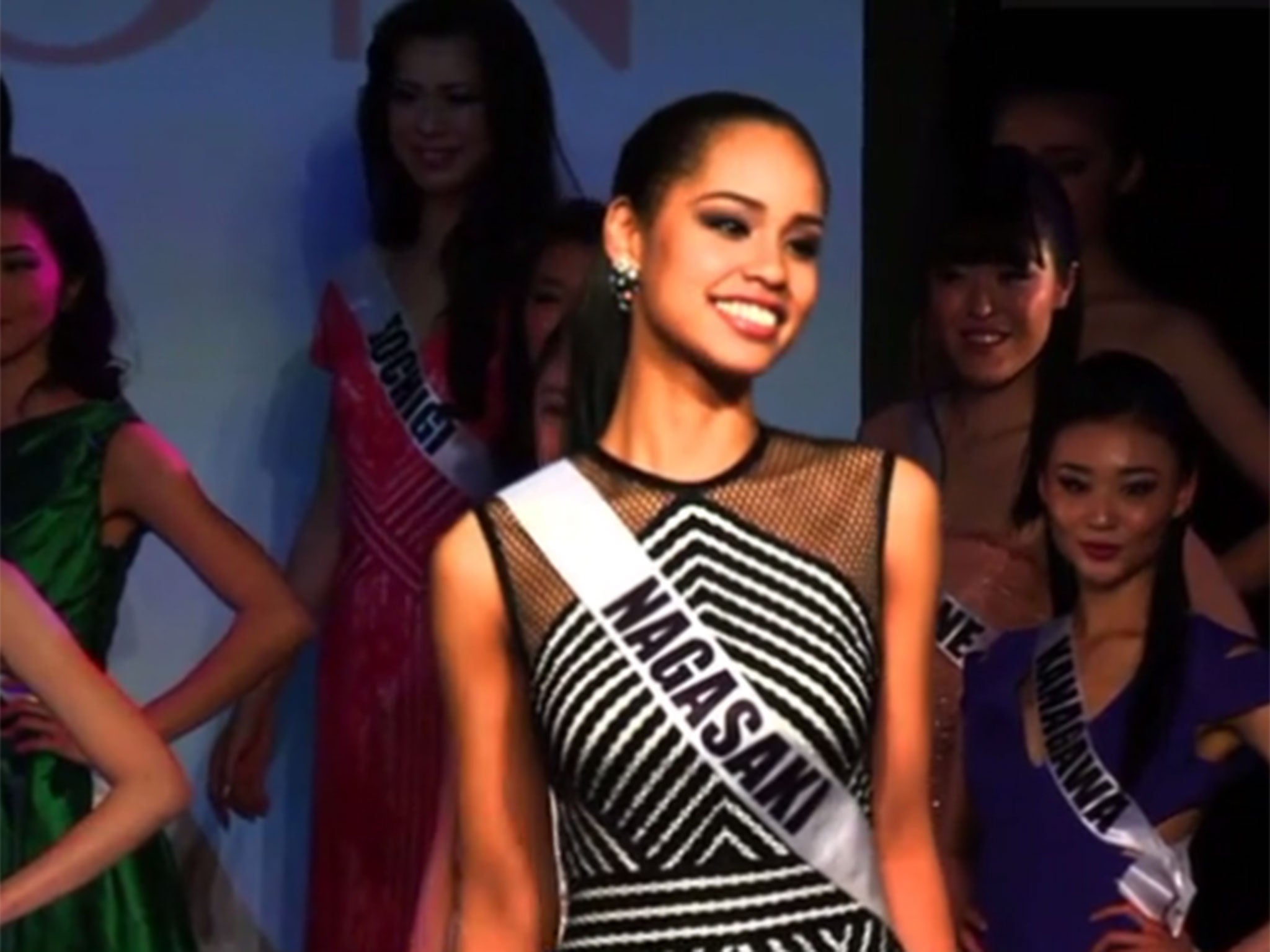Miss Universe Japan Ariana Miyamoto faces criticism for being 'not Japanese enough'
Ms Miyamoto has a Japanese mother and an African-American father

Your support helps us to tell the story
From reproductive rights to climate change to Big Tech, The Independent is on the ground when the story is developing. Whether it's investigating the financials of Elon Musk's pro-Trump PAC or producing our latest documentary, 'The A Word', which shines a light on the American women fighting for reproductive rights, we know how important it is to parse out the facts from the messaging.
At such a critical moment in US history, we need reporters on the ground. Your donation allows us to keep sending journalists to speak to both sides of the story.
The Independent is trusted by Americans across the entire political spectrum. And unlike many other quality news outlets, we choose not to lock Americans out of our reporting and analysis with paywalls. We believe quality journalism should be available to everyone, paid for by those who can afford it.
Your support makes all the difference.She was born and raised in Nagasaki, speaks Japanese as her first language and has a Japanese mother – but Miss Universe contestant Ariana Miyamoto is facing criticism from those who say she is not “Japanese enough”.
The 20-year-old model became the first ever mixed-race beauty pageant winner when she was crown Miss Nagazaki earlier this year, success which has not come without challenges in one of the least racially diverse countries in the world.
Ms Miyamoto grew up in the city of Sasebo near a major US naval base, and her father is an African-American man from Arkansas. She also travelled to the US to go to high school – and some in Japan think all that makes her unfit to represent the nation of her birth.

At 6ft tall in heels, Ms Miyamoto told CNN’s Will Ripley she had always stood out in Japan and that when she was young she was bullied for being different. “In school people used to throw rubbish at me,” she said. “They also used racial slurs.”
In Japan, mixed-race people are known as “hafu”, and after Ms Miyamoto was selected as Miss Universe Japan last week social media users have been asking if it is “ok to choose a hafu to represent Japan?”
According to a translation by the Washington Post, one posted a picture with the caption: “The contradiction that is having a haafu Miss Universe Japan.”
Another said: “Even though she’s Miss Universe Japan, her face is foreign no matter how you look at it!”
And a third user tweeted: “Beauty contest. Miss Universe Japan is….wha? What kind of person? She’s ….not…..Japanese…right?”


The view on the ground in Tokyo was similar. Shown a picture of Ms Miyamoto and asked if she could be the country’s Miss Universe contestant, a middle-aged resident named Ishiko Komagawa said: “No, she doesn’t even look Japanese.”
But that view spans generations – high school student Tomoki Nogami said Ms Miyamoto should not be accepted because “half is not 100 per cent Japanese”. “If someone is chosen as Miss Japan both her parents should be Japanese,” he said.

The website Kotaku hailed Ms Miyamoto’s selection as a sign that change was occurring in Japan – if “slowly”. It noted that “many of the highest-rated comments” about Miyamoto on the Japanese site GirlsChannel “said that they wanted a more ‘Japanese’ contestant to represent Japan”.
“However, not everyone thinks that way,” it said. “There were comments supporting her selection, with people saying that the only thing that matters is whether or not she’s a citizen and loves this country or whether or not she was born and raised in Japan.
“Others said criticizing the selection because she wasn’t ‘Japanese’ enough was ‘pathetic’ and outdated thinking.”
Join our commenting forum
Join thought-provoking conversations, follow other Independent readers and see their replies
Comments